Public must play greater role in reducing plastic pollution: environmentalists
“Now people don’t take baskets even when they go to the market. They carry [their purchases] from the market in plastic bags and throw it away,”
06 Jun 2023
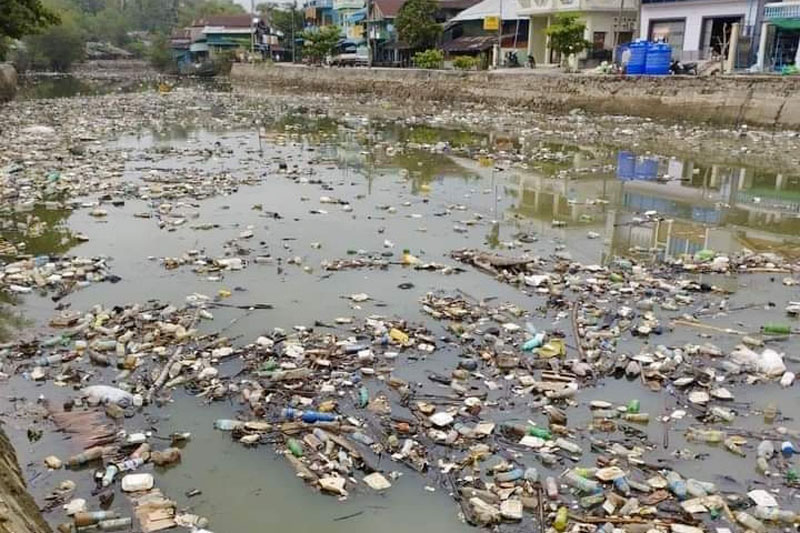
DMG Newsroom
6 June 2023, Sittwe
Environmentalists say public participation in reducing plastic pollution in Arakan State is still weak.
Environmentalists point out that plastic waste can damage the environment and ecosystems, and cause adverse health effects.
“Now people don’t take baskets even when they go to the market. They carry [their purchases] from the market in plastic bags and throw it away,” said U Yan Naung Soe, chairman of the Rakhine State Biodiversity and Nature Conservation Association. “This waste causes damage to the organisms and plants that live on the Earth. If it is dumped in rivers, the fish will think it is food.”
Plastic waste can take hundreds of years to decompose, polluting the air, water and soil, and damaging the environment and ecosystems.
“People think that natural disasters happen by themselves. The truth is that people’s lack of judgement has a lot to do with the use of plastic, which is ruining the world,” said Ma Aye Nyein Khaing, a member of the executive committee of Green Sittwe Group.
Regarding the fight against plastic pollution, relevant departments and civil society organisations are conducting awareness activities, but the participation of the public is weak and ineffective.
“People need to properly dispose of plastic waste and use alternatives to reduce it. We are working to educate students and local residents as much as possible to properly dispose of plastic waste,” said U Hlwan Wai Htet, assistant director of the Kyaukphyu District Department of Environmental Conservation.
“It is necessary for individuals in Arakan State to protect themselves with their own intelligence so as not to dispose of plastic materials without discipline. If people continue to dispose of waste without discipline for a long time, there will be losses,” said U Phoe San, a former Arakan State lawmaker.
Experts say authorities also need to be wary of the growing presence of microplastics in seawater off the coast of Arakan State.
According to a survey by the research vessel Dr. Fridtjof Nansen of Norway, which visited coastal Myanmar in 2018, the amount of microplastics in the Arakan coastal region is comparatively elevated.




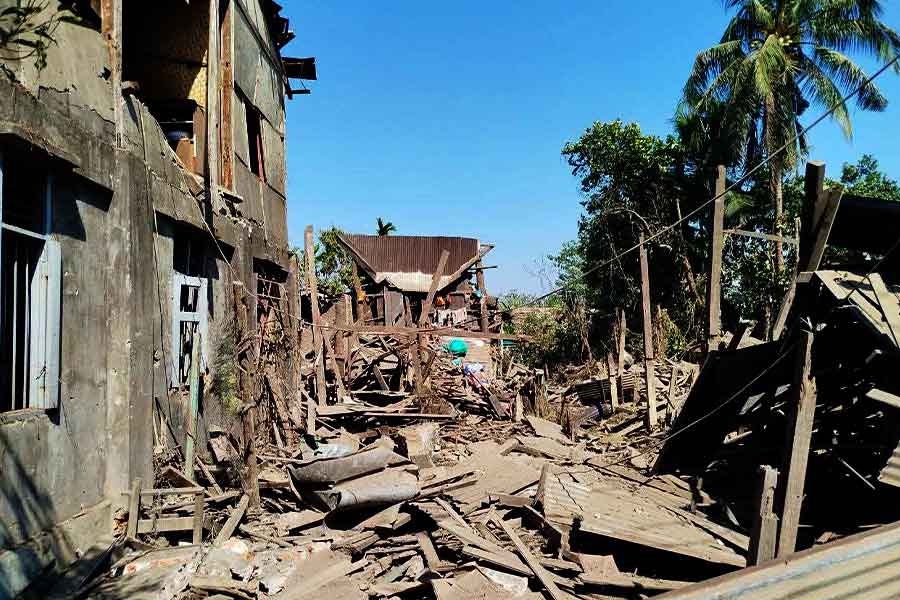
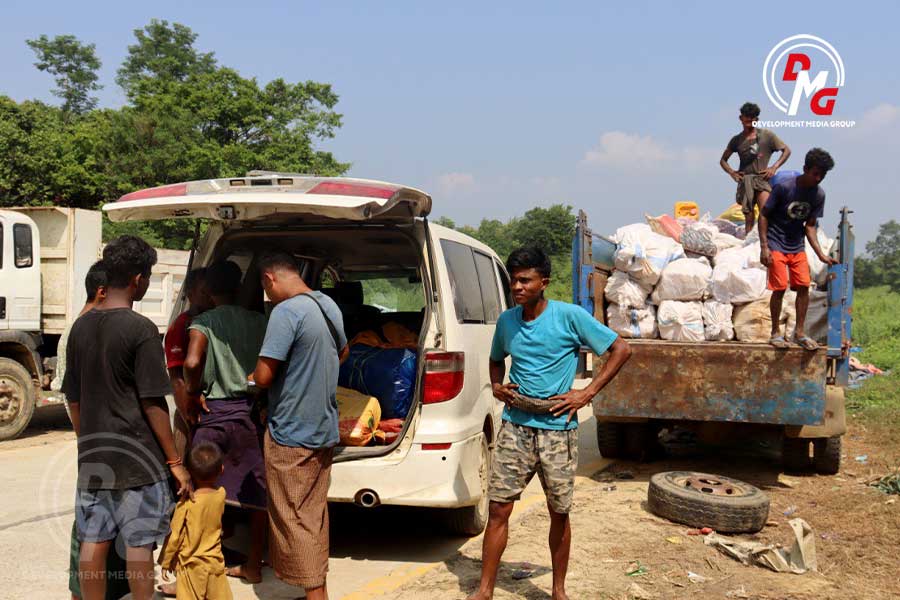
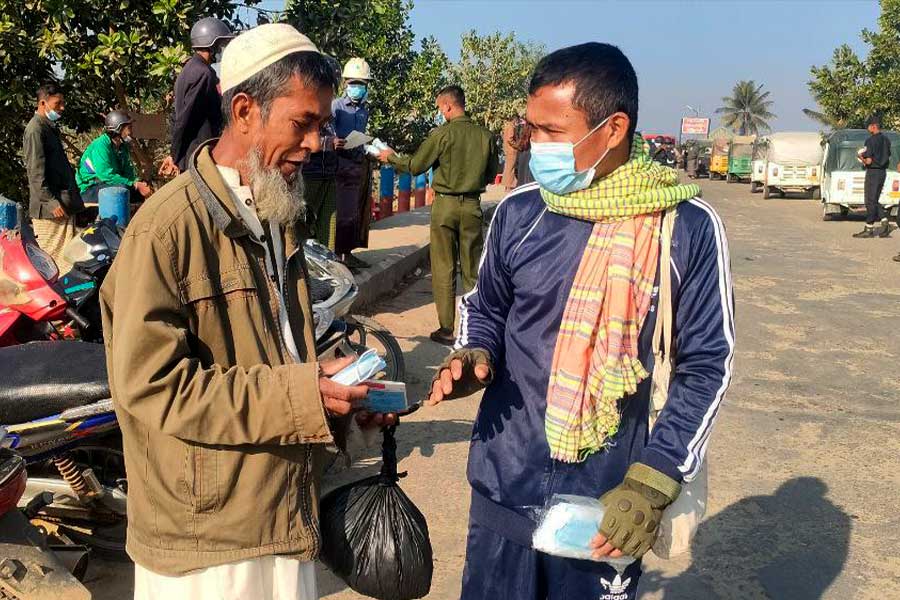
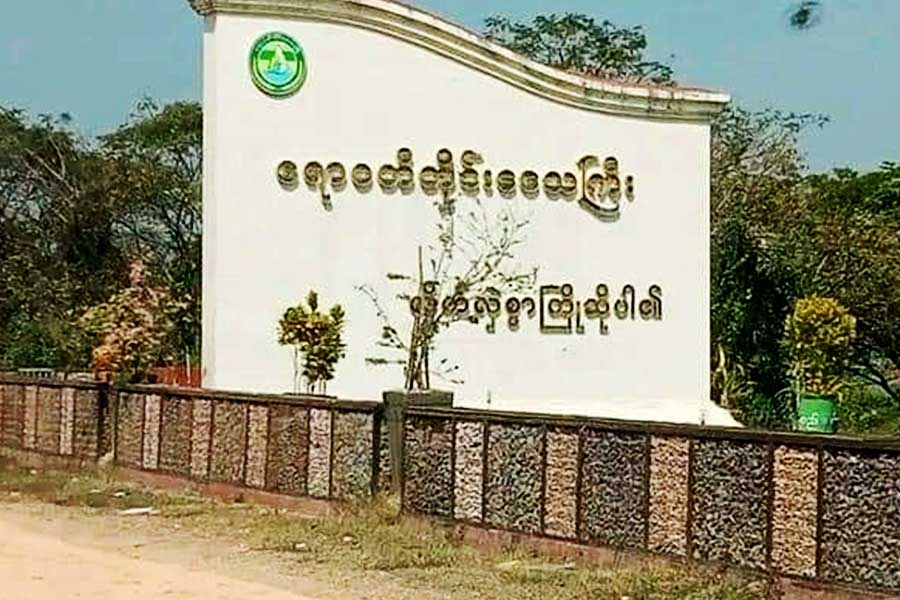








.jpg)
